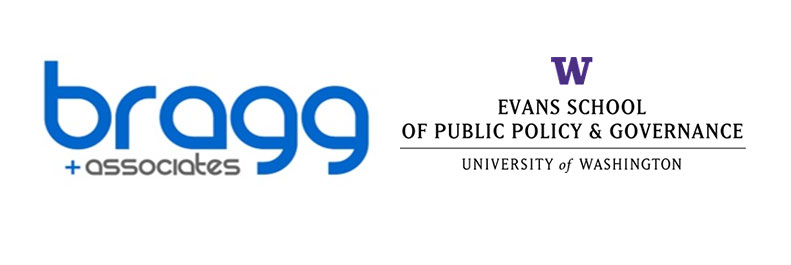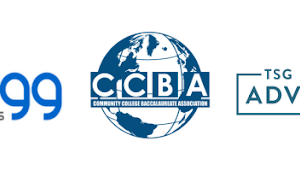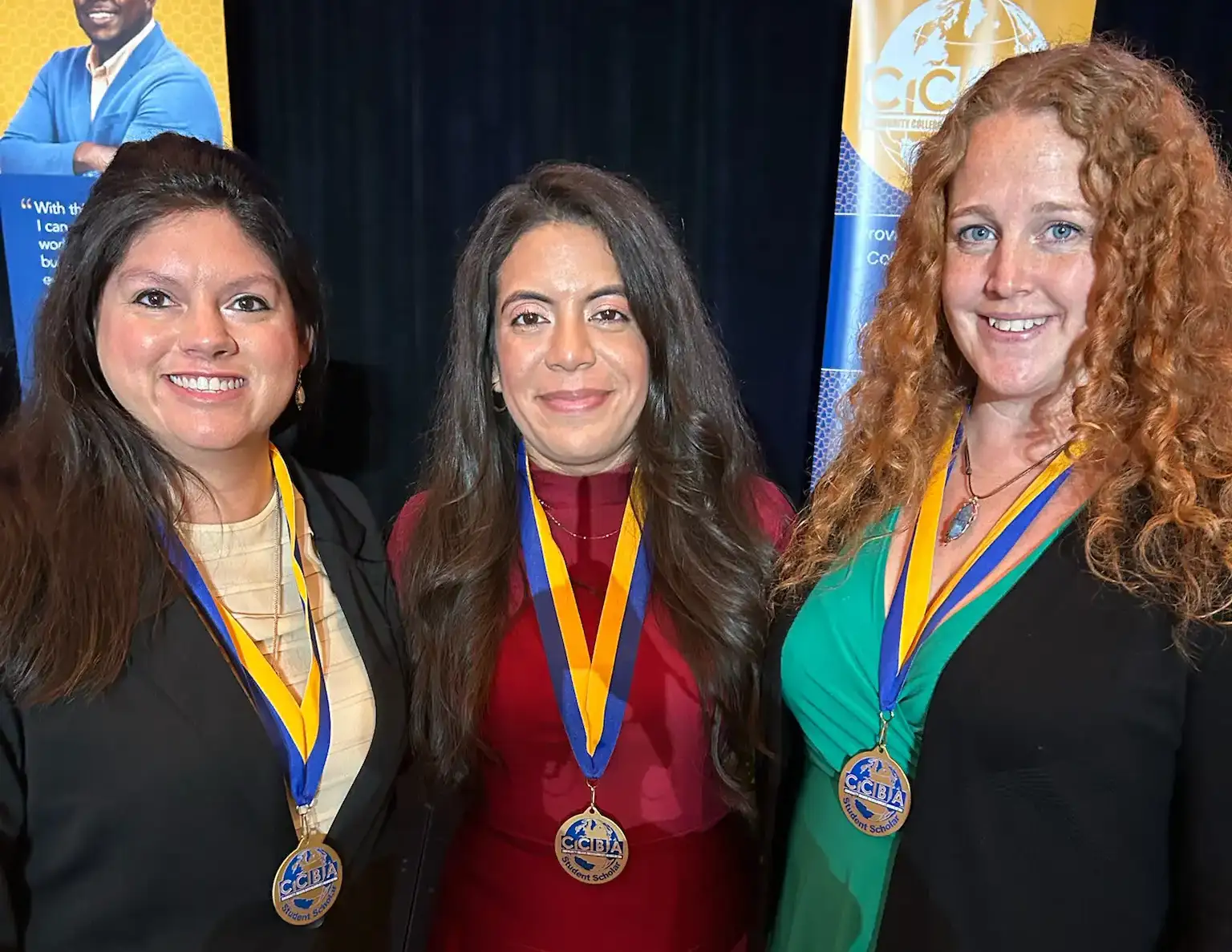New Research on Public Investments in Community College Baccalaureate Degrees
SEATTLE, Wash. (October 16, 2023) – In recent years, the landscape of higher education has witnessed a significant shift, marked by the proliferation of Community College Baccalaureate (CCB) degrees across 24 states that now award more than 25,000 bachelor’s degrees annually, and growing. Advocates of CCB degrees argue they cultivate talent and bolster state and regional economies, at the same time providing access to baccalaureate programs of study for adult learners and others who are rooted in communities where they work and care for family members and friends.
The University of Washington, in partnership with the firm Bragg & Associates and the Community College Baccalaureate Association, is pleased to announce it has been awarded a $250,000 grant from the Strada Education Foundation to research the data that states and colleges use to make the case for CCB degrees, identifying the strengths and limitations of current CCB policies and program approval processes.
Phase one of this multiphase study occurs over the next 18 months and allows the research team to investigate program approval and development processes for new CCB programs in two states. By leveraging mixed methods and data-driven insights, results of the study will inform higher education decision-making and, ultimately, fortify state and local economies by ensuring adults and others served by community colleges gain opportunities for well-paying careers and lifelong learning. While the focus is on CCB degrees, the implications extend beyond community colleges to public investments in higher education.
Dr. Elizabeth Meza, Principal Investigator at the University of Washington Evans School of Public Policy and Governance described this study as “the first to systematically investigate data used for decision-making about CCB program approval and development. If colleges get this right and can provide quality degrees that students want and the labor market demands, all for an affordable cost, it can be a big win. However, the challenge is that’s a lot of moving pieces to consider.”
Dr. Meza, working in partnership with co-Principal Investigator Dr. Debra Bragg of Bragg & Associates, Inc., will examine data used for supply and demand analysis, curriculum and instructional design, partnerships involving colleges and employers and community-based organizations, and equity in student access and program outcomes. According to Dr. Bragg, “an important question the study will ask is how the case for new CCB programs address whether these programs create more equitable baccalaureate pathways for racially minoritized and other under-served populations.”
The Community College Baccalaureate Association (CCBA) is partnering in this project to ensure a robust network of colleges is involved and results are shared nationwide.
ABOUT UNIVERSITY OF WASHINGTON
Since its founding in 1861, the University of Washington has been a hub for learning, innovation, problem solving and community building. Driven by a mission to serve the greater good, our students, faculty and staff tackle today’s most pressing challenges with courage and creativity, making a difference across Washington state — and around the world. The University of Washington has been recognized as the #1 most innovative public university in the world and is consistently ranked among the top public universities in the world. This research project is housed in the Evans School of Public Policy & Governance.
ABOUT BRAGG & ASSOCIATES
Bragg and Associates, Inc., led by Dr. Debra Bragg, is an equity-minded consulting group dedicated to advancing student success in education and employment. In collaboration with Tim Harmon of Workforce Enterprise Strategies (WES) and New America, Bragg & Associates recently completed the first national inventory of CCB-degree programs in the United States. Bragg & Associates also led the creation of an E-Book highlighting promising practices to advance equitable student success in baccalaureate pathway attainment.
ABOUT CCBA
Since 1999, the Community College Baccalaureate Association (CCBA) has been the nation’s only organization dedicated to promoting baccalaureate degrees on community college campuses as a means of closing racial, ethnic, and economic gaps by providing its members access to research data and strategic guidance as they develop and implement their baccalaureate degree programs.
ABOUT STRADA EDUCATION FOUNDATION
Providing access to college degrees isn’t enough. That’s why Strada Education Foundation focuses on stronger connections between postsecondary education and opportunity in the U.S. and on helping people whom our systems have failed to serve equitably. We advance this mission through research, grantmaking, social impact investments, and public policy solutions. We collaborate with students, educators, employers, policymakers, and other partners to help create more equitable pathways to prosperity. Learn more at stradaeducation.org.




